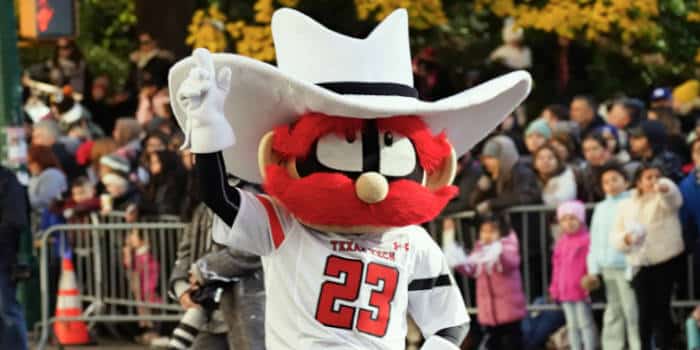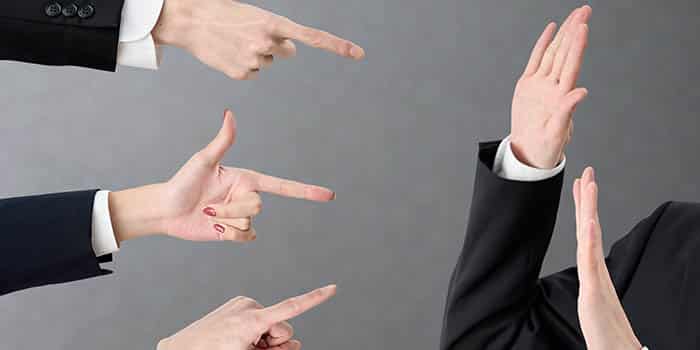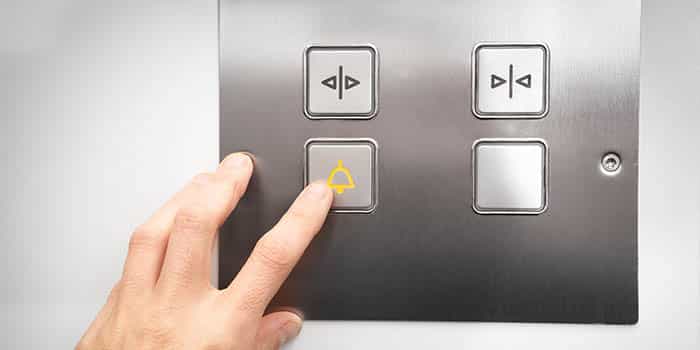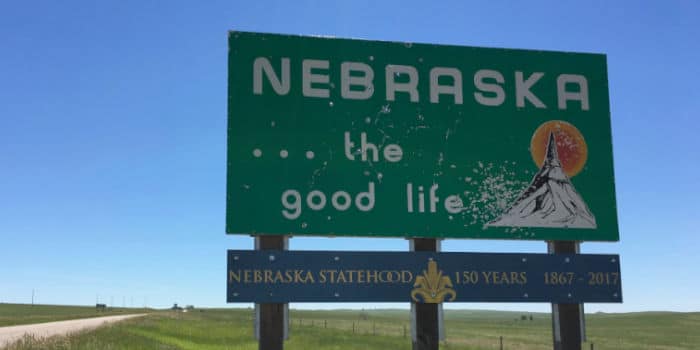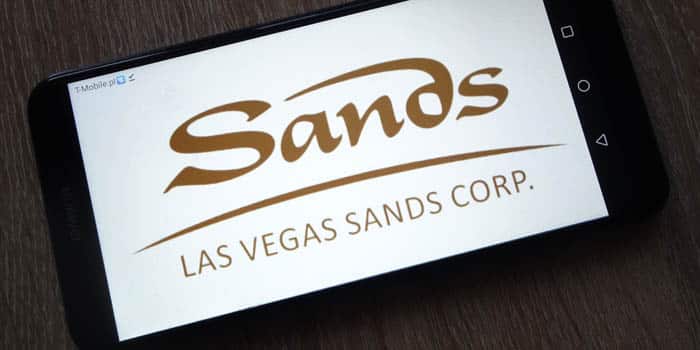- Casino
- By State
- Alabama
- Alaska
- Arizona
- Arkansas
- California
- Colorado
- Connecticut
- Delaware
- Georgia
- Florida
- Hawaii
- Idaho
- Illinois
- Indiana
- Iowa
- Kansas
- Kentucky
- Louisiana
- Maine
- Massachusetts
- Maryland
- Michigan
- Minnesota
- Mississippi
- Missouri
- Montana
- Nebraska
- Nevada
- New Hampshire
- New Jersey
- New Mexico
- New York
- North Carolina
- North Dakota
- Ohio
- Oklahoma
- Oregon
- Pennsylvania
- Rhode Island
- South Carolina
- South Dakota
- Tennessee
- Texas
- Utah
- Vermont
- Virginia
- Washington
- West Virginia
- Wisconsin
- Wyoming
- By State
- Slots
- Poker
- Sports
- Esports
Fact-checked by Angel Hristov
Skill Gaming Proponents Rejoice as Virginia Judge Sides with Them
The court ruling is a major victory for small businesses in the state and, according to their owners, the state as a whole

A judge in Virginia has dismissed a lawsuit against a business owner who offered several Queen of Virginia (QVS2) skill machines. Opponents of the vertical were unhappy but small business owners rejoiced.
A Victory of Small Businesses
The lawsuit alleged that David Bogese, who owns the Breez-In Mart, had violated Virginia law by offering several Queen of Virginia skill machines. For context, the Virginia Code says that people may not possess illegal gambling devices.
However, Judge Hugh Campbell of the Hanover County General District Court ruled that the devices in question did not meet the definition of illegal gambling machines. This ruling comes as a relief to small business owners who depend on the machines for extra revenue.
Bogese commented on the matter, saying that Judge Campbell’s ruling was a victory not just for this case and Brezz-In Mart, but for small businesses as a whole.
Judge Campbell Applied the Rule of Lenity
According to the plaintiffs, Virginia’s gaming laws strictly ban gaming devices that require players to insert a coin, bill, ticket or another object in order to launch them. The defense, however, successfully proved that the QVS2 machines at Breez-In Mart did not fit that description since they did not require any objects to be inserted.
For context, the QVS2 machines are developed by Pace-O-Matic, a popular developer of skill gaming products.
While Judge Campbell acknowledged that the current law was somewhat vague, he applied the rule of lenity per which ambiguities are interpreted in the defendant’s favor.
Opponents of Skill Games Were Not Pleased
Opponents of skill gaming, however, were unhappy with the ruling and, in addition to that, criticized Bogese’s reaction, saying that it seeks to mislead the public.
Nick Larson, a representative of Virginians Against Neighborhood Slot Machines, asserted that the statement of the Stanley Law Group, which defended Bogese in court, is attempting to “rewrite history” and claim that skill games are legal when they are not.
“The General Assembly has made it clear: so-called games of skill are illegal,” Larson said.
Larson further criticized the law’s shortcoming, which implies that skill games could be legal as long as the money isn’t inserted directly into the machines but instead handed to a bartender.
Makes as much sense as saying beating a speeding ticket makes speeding legal. https://t.co/s2AXjg3oN4
— Nick Larson (@larson_nd) April 24, 2025
Larson emphasized that the legislature’s intent has been that these machines are illegal and slammed what he called “efforts to circumvent” this intent.
Pace-O-Matic, however, reiterated its insistence that its games have been designed to be “fully compliant with the plain language of the law in Virginia.” The company echoed Bogese’s sentiment that the recent court ruling is a win for hundreds of small businesses across the state.
It is still unknown whether the recent court ruling will impact the existing ban on skill games in Virginia.
Related Topics:
Although Fiona doesn't have a long-spanning background within the gambling industry, she is an incredibly skilled journalist who has built a strong interest in the constantly growing iGaming network. The team at Gambling News is glad to have her on our roster to help deliver the best stories as soon as they hit. Aside from writing, she loves to dabble in online casino games such as slots and roulette, both for her own enjoyment and also as research to better improve her understanding of the industry.
Must Read
Legal
April 22, 2025
Lawsuit Accuses NFL Legend Shannon Sharpe of Rape
More Articles








Casino
April 25, 2025
Gary Green Gaming Buys Lithium Boomtown Casino in Nevada

Casino
April 25, 2025
Hackers Attack Catawba Nation’s Two Kings Casino

Legal
April 25, 2025
Nevada Revokes the License of Trainer Who Drugged Horse
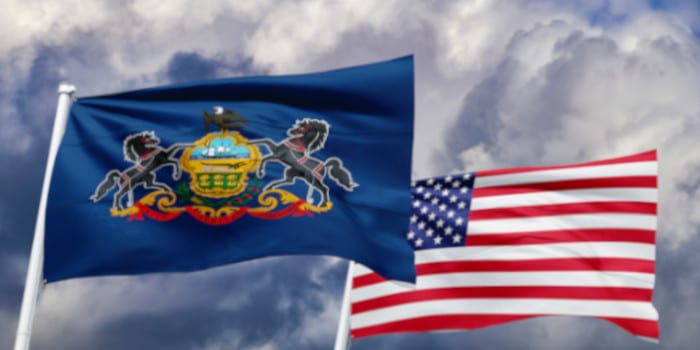
Poker
April 24, 2025
Pennsylvania Joins MSIGA as Its Sixth and Largest Member
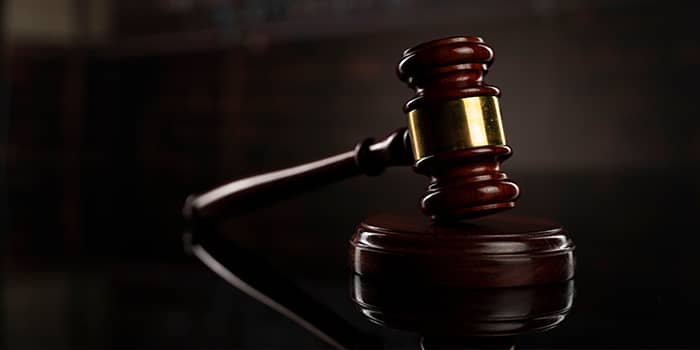
Legal
April 24, 2025
Lawsuit Challenges Florida’s Sports Betting Compact

Industry
April 24, 2025
Bally’s Chicago IPO Faces Legal Challenges

Casino
April 24, 2025
FAA Tightens Air Tour Safety Rules in Las Vegas





